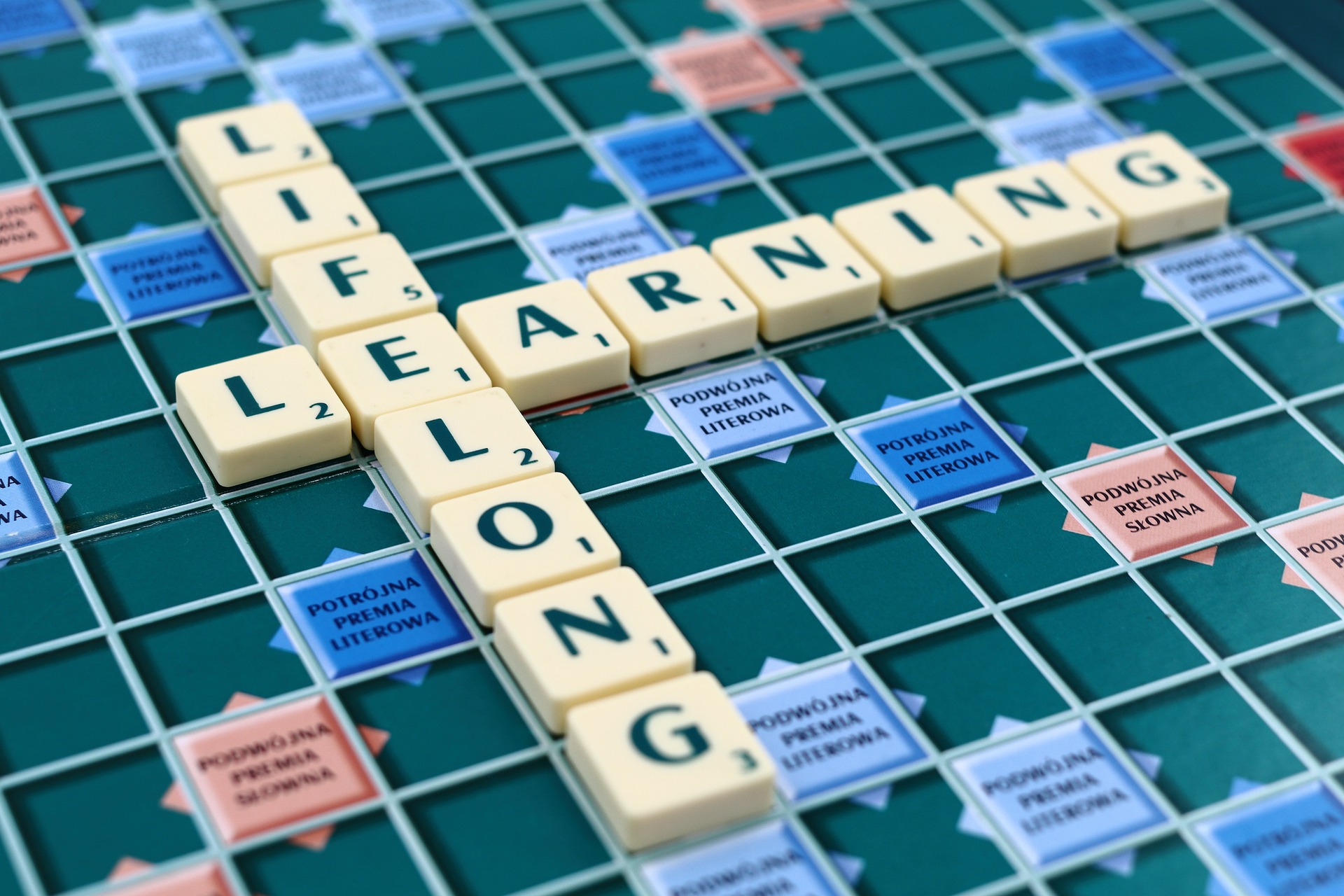Shaping Society Through Gamification: A Contemporary Look
In the ever-evolving societal landscape, one trend seems to be leaving a significant mark: gamification. The process of applying game-design elements to non-game contexts, gamification has infiltrated various aspects of modern society. From education to business, health, and even social activism, this pervasive trend is redefining societal norms and behaviors. Read below to delve into this intriguing paradigm shift.

Gamification: A Brief History and Societal Context
The term ‘gamification’ was coined in early 2000 as digital technology began to permeate daily life. However, the concept has been around for much longer. From military training simulations to the use of games in education, the idea of using gameplay elements to motivate and engage individuals in non-game contexts has been a part of society for centuries.
In the digital age, gamification has exploded in popularity, leveraging technology to create immersive, engaging experiences that can drive behavior change. It’s no longer just about points, levels, and leaderboards. Today, gamification is a multi-faceted approach that taps into human psychology, leveraging our innate desire for achievement, competition, and social connection.
Gamification in Modern Society: Trends and Shifts
Today, gamification has seeped into virtually every domain of modern society. It’s used by educators to engage students, by businesses to improve customer loyalty, and by healthcare professionals to encourage healthy behaviors.
In the world of social activism, gamification is being used to drive engagement and participation. For example, some organizations use game mechanics to incentivize volunteer work or donations, drawing on the human instinct for competition and achievement.
The Societal Impact of Gamification: Shaping Behaviors and Norms
The influence of gamification on society extends beyond the immediate applications. By tapping into intrinsic motivators like achievement, competition, and social interaction, gamification has the potential to shape societal behaviors and norms.
One significant impact of gamification is its potential to democratize learning and skill acquisition. By making learning more engaging and accessible, gamification can help bridge the education gap, empowering individuals from diverse backgrounds to acquire new skills and knowledge.
Moreover, gamification’s influence on social activism is profound. By making activism more engaging and rewarding, gamification has the potential to drive societal change, fostering a culture of active citizenship and social responsibility.
Concluding Insights: The Future of Gamification in Society
As we move further into the digital age, the influence of gamification on society is likely to grow. With its potential to engage, motivate, and shape behaviors, gamification is poised to continue shaping societal norms and behaviors.
The rise of gamification also presents challenges. As with any powerful tool, it’s critical that we use gamification responsibly, considering the potential for misuse and the need for ethical guidelines. As we continue to explore the power of gamification, a balanced approach that combines innovation with ethical considerations will be key to harnessing its potential for societal good.
In conclusion, as we continue to navigate the complex landscape of modern society, gamification stands as a powerful tool in our arsenal, with the potential to shape behaviors, norms, and even societal structures. As we continue to explore its potential, the future of gamification in society promises to be an exciting journey.




